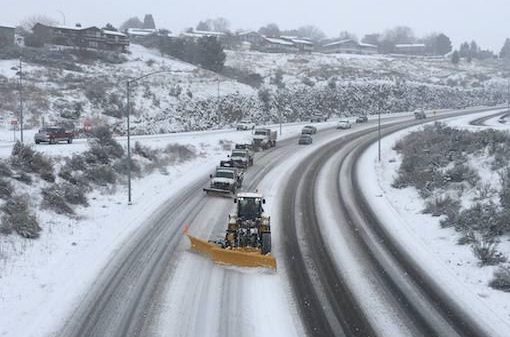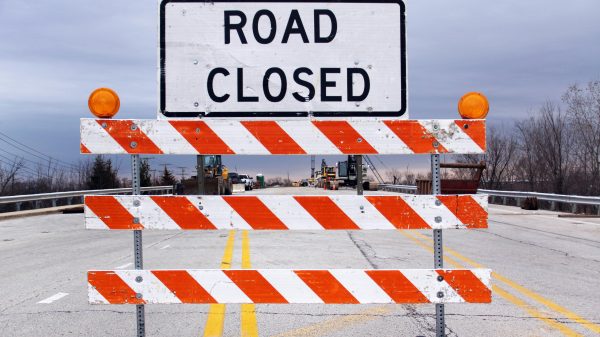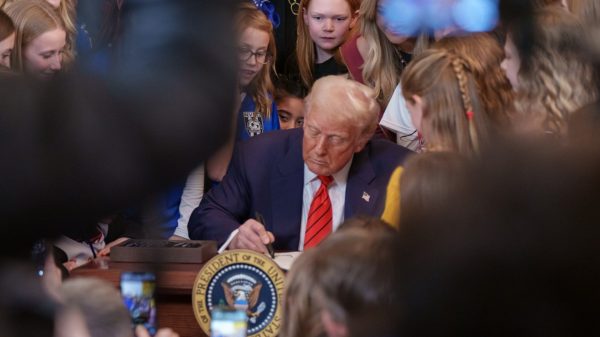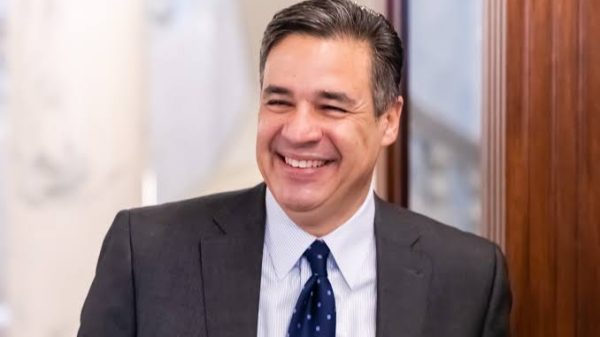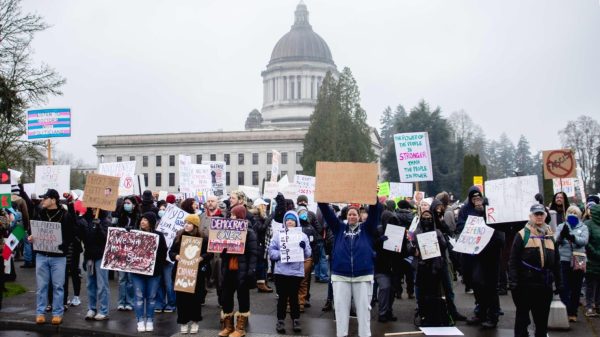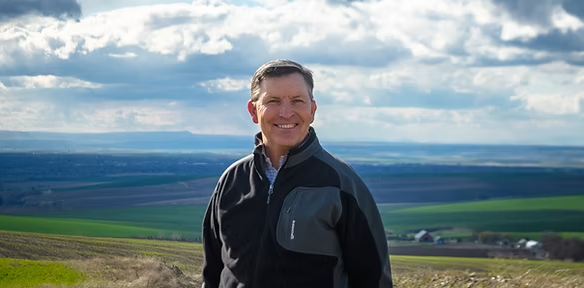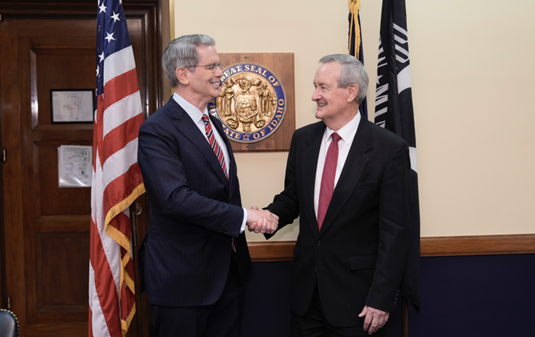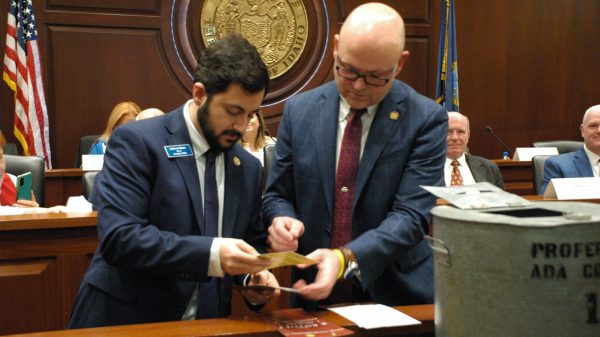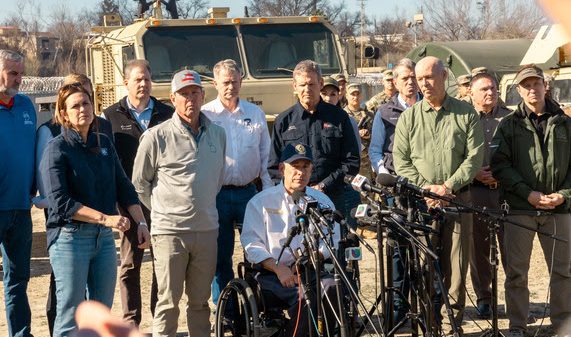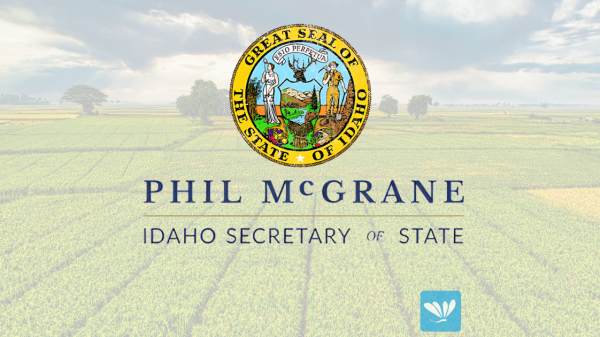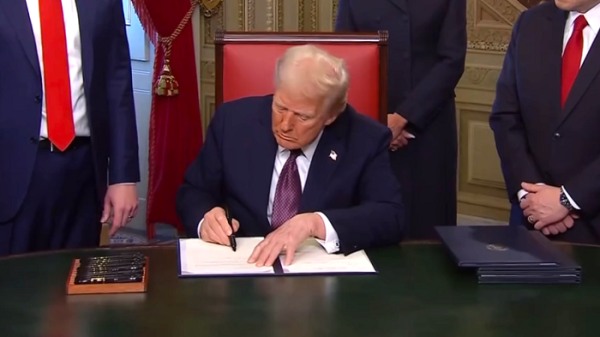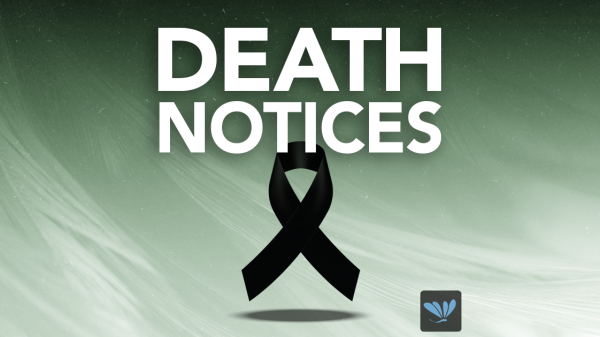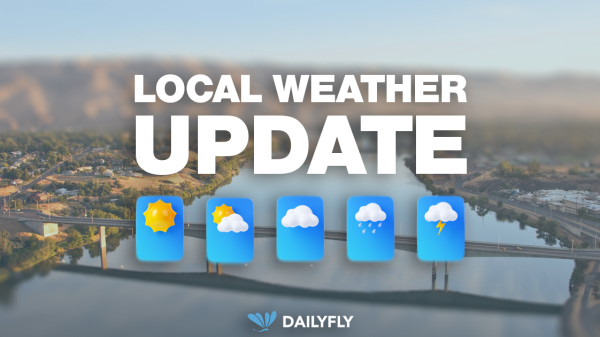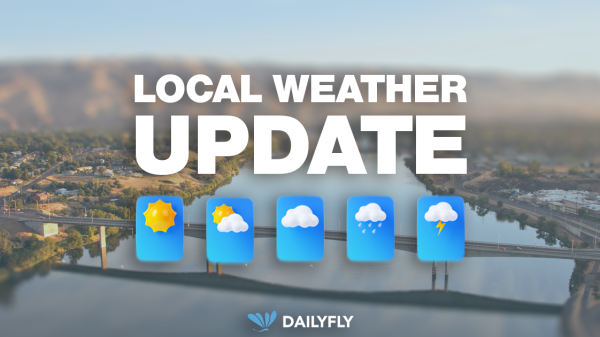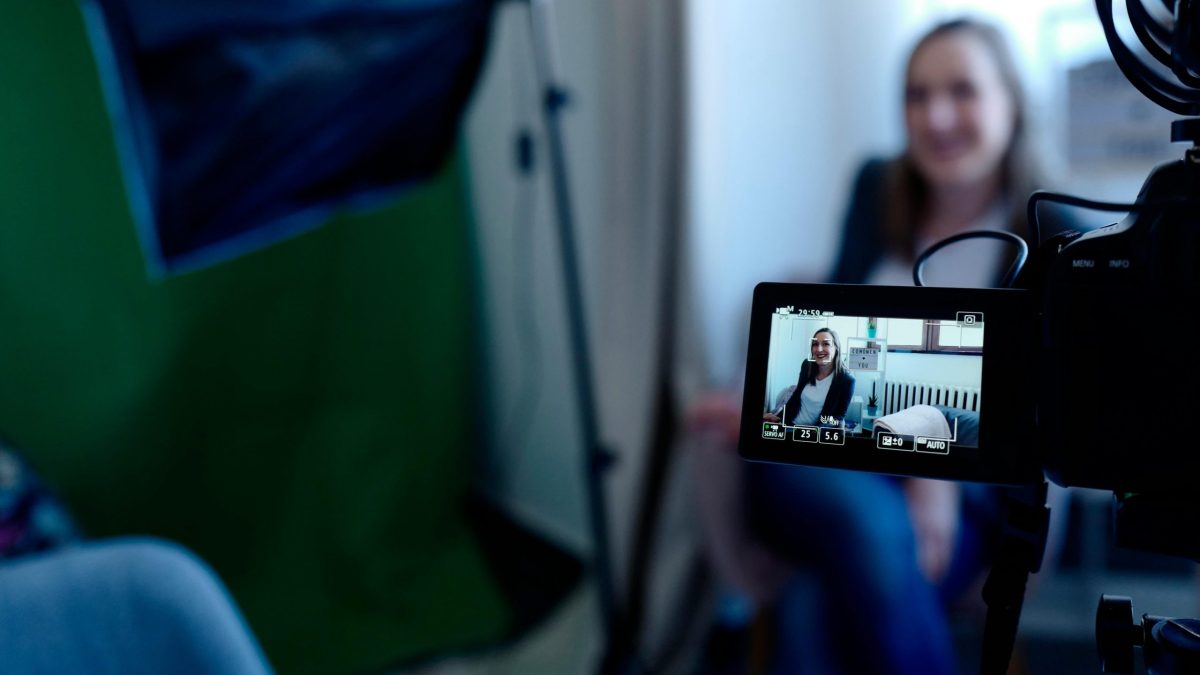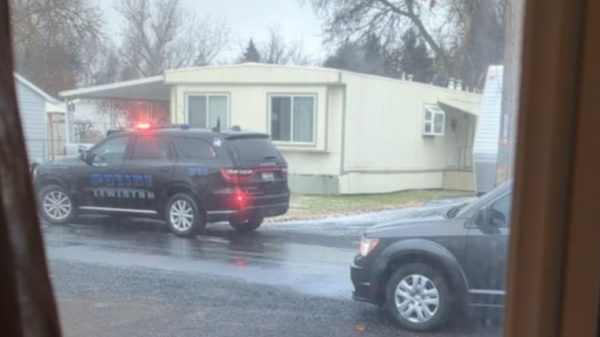(Boise, ID) A new bill introduced in the Idaho Legislature on Wednesday afternoon seeks to protect sources who provide journalists with confidential information.
On Wednesday afternoon, the House Judiciary, Rules and Administration Committee voted unanimously to introduce the new bill, which would create a media shield law in Idaho.
Reps. Marco Erickson and Barbara Ehardt, both R-Idaho Falls, sponsored the bill.
Erickson said Idaho is one of 10 states in the United States that do not have a shield law protecting sources who provide confidential information to journalists.
“No person engaged in journalistic activities shall be compelled to disclose in any legal proceeding, trial before any court, or before any jury the source of any information procured or obtained and published in a newspaper, print publication, digital news outlet, or by a radio or television broadcasting station with which the person is engaged or employed or with which the person is connected,” the bill states.
The bill also applies to unpublished information, notes or communications obtained through the newsgathering process.
Idaho Press Club President Melissa Davlin said the bill protects news organizations and sources alike.
“The First Amendment protects the right to a free press – our ability to report and hold the powerful accountable, but it is much more difficult to do so if our sources cannot trust that information they give us off-the-record or anonymously or all of our communications are going to be secure and safe,” Davlin said in an interview Wednesday.
Last year, EastIdahoNews.com was subpoenaed and forced to play a private, off-the-record conversation between a reporter and a source in court. Erickson and Ehardt approached the news organization looking to help, and Davlin got involved as president of the Idaho Press Club.
Davlin reached out to the nonprofit Reporters Committee for Freedom of the Press for resources and support, and she based Idaho’s bill on media shield laws that have been in place in Alabama and Kentucky for decades.
Davlin has been involved with the Idaho Press Club for 12 years, and said she has seen a significant recent increase in people and organizations subpoenaing news organizations in an attempt to gain access to private, confidential information that sources share.
Davlin also said she has had personal experience with anonymous sources who sought to provide documents for a news story but backed out after becoming worried their confidentiality might not be guaranteed.
“In the last year I have had more newsrooms and more reporters ask me for help quashing subpoenas than the entire time (I have served on the Idaho Press Club board of directors),” Davlin said. “It has come up in multiple parts of the state and multiple newsrooms, so it’s not like there’s one bad actor who is sending out subpoenas.”
Often, Davlin said it is small, independent local news organizations that are hurt the most by subpoenas seeking the disclosure of confidential information because they do not have the budget to go to court or have an attorney on staff.
Although no legislators voted against introducing the new media shield bill, several legislators asked questions Wednesday about how the bill works or whether it is necessary.
Rep. Chris Mathias, D-Boise, said he would like additional information about whether the bill would protect illegitimate organizations that are set up to look and act like legitimate news organizations.
Introducing the bill clears the way for it to return to the House Judiciary, Rules and Administration Committee for a full public hearing.
The new media shield bill will be assigned a number and publicly posted on the Idaho Legislature’s website after it is read across the desk on the floor of the Idaho House, likely on Thursday.
Disclosure: This story first appeared on Idaho Capital Sun, whose journalists are members of the Idaho Press Club.










